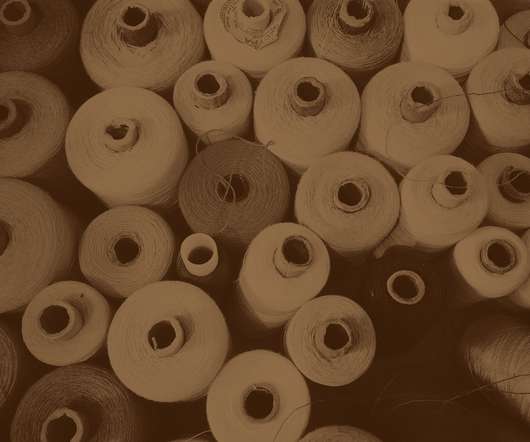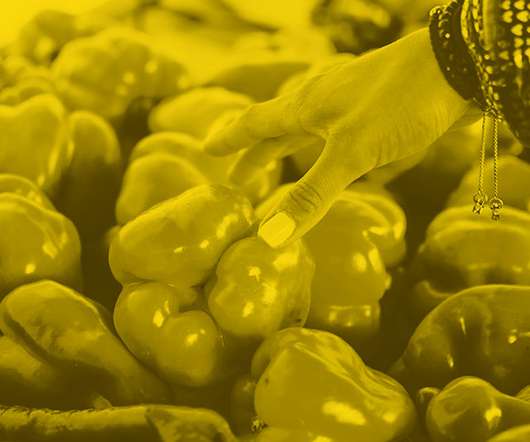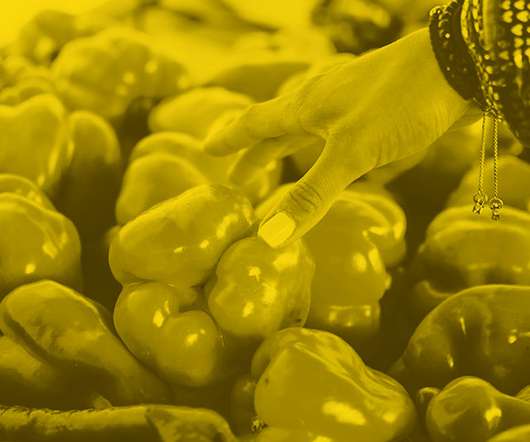PANGEA Movement’s Eco-jacket uses 100% recycled materials
AGreenLiving
NOVEMBER 22, 2021
Related: Adidas 100% recycled jacket is solving plastic pollution PANGEA’s Eco-Jacket is made from 100% recycled materials. Rather than requiring virgin plastics, the garment uses 56 recycled plastic bottles. Even the zipper pulls are made from recycled materials. See the original post:Â .














Let's personalize your content